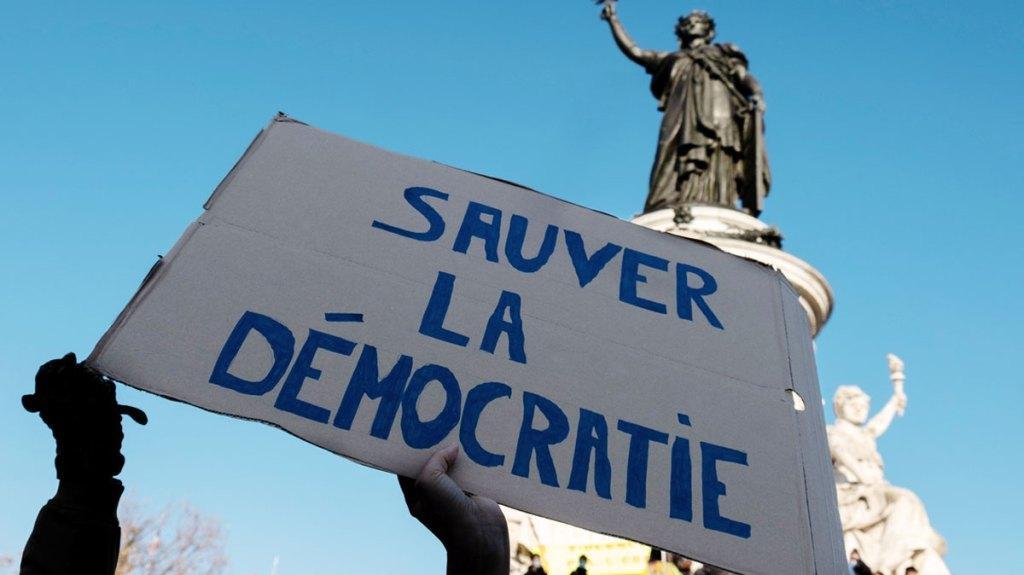Africa-Press – Lesotho. The last BRICS summit not only brought together member countries based on a different political regime: democratic, authoritarian and semi-authoritarian, but also accepted into its circle, among the newcomers, an evolving semi-fascist kingdom, an openly fascist theocracy where the youth rebellion ends in bloodshed, and another where the army in the pay of the great powers makes and breaks the law.
Supporters of India should a priori have some concerns at the sight of such a seemingly disparate assembly. On the other hand, Europe, the United States and their allies face a conundrum: how does the BRICS organization work together and establish long-term goals without imposing a common criterion on its members? political regime as a sine qua non condition for membership in the organization?
Or, this reflection has not yet called into question the non-negotiable ideology of the European Union and the Western bloc on the obligatory internal democratic functioning of each member of any international organization worthy of consideration.
Far from being sectarian, the BRICS are pluralistic and inclusive because their members are aware that an ideal, however desirable, cannot be imposed by brutal force and devastating sanctions, and that an ideal cannot be flourish only on an organic foundation specific to a country or culture, and that time must be given time to do its work for the establishment of this ideal.
Indeed, the people of the world share the same aspirations but manifest them at different times in their history. It is this adult maturity which signals the end of recreation to those who have until then formed opposing camps where the tyranny of the strongest has granted itself an incontestable legitimacy to cross swords at will and create more divisions.
in the world. The BRICS are not spared from disputes and hostilities, notably between India and China, but they intend to resolve them, or would seek external support if necessary, according to terms established by themselves.
Although paradoxical, President Putin’s proposal, that of not inviting any country hostile to a BRICS member to meetings, seems reasonable in the current international context.
President Xi Jinping declared last year against the Western bloc: “Democracy cannot be used as a tool to insult other countries. ” The number of toilets in India cannot be a measure to judge the legitimacy of its scientific project in space.
Similarly, Prime Minister Narendra Modi could declare to his detractors: “Toilet-o-meter cannot be used as a tool to criticize other countries’ achievements.
” Like former Soviet leader Nikita Khrushchev, the Indian government emphasizes the scientific interest and relevance for humanity of its space projects, and not as a sign of superiority and domination over others. country. Democracy in danger?
Those who have taken on the role of guardian of democracy, in particular the so-called “mainstream” media, which are well established on the street and on the Internet internationally and in small island states, are invested with a responsibility information and analysis for the general public.
Taking the Western model as a reference, the media sphere raises cries of outrage about the decline of democracy in the world while others, such as the New York Times, the BBC and Le Monde, miss no opportunity to take directly on the so-called deconstruction of democracy in India, a discourse reserved without filter by the press of small countries.
What does all this defeatist and alarmist narrative mean in concrete terms? Europe, Great Britain and the United States retain their democratic advantage, judging by the number of migrants who try to get there at the risk of their lives. The disintegration of political parties is an established fact in France, Great Britain and, to a certain extent, the United States.
That of institutions? The police, town halls, the various levers of justice and public power were more concerned about not being accused of racists than about enforcing the law by punishing the perpetrators of kidnapping, sequestration and organized gang rape of underage girls for over 11 years in England.
For More News And Analysis About Lesotho Follow Africa-Press






